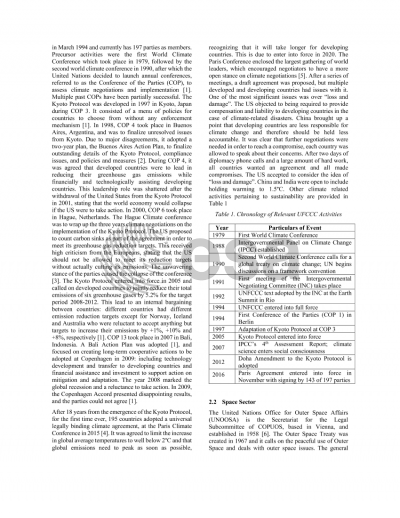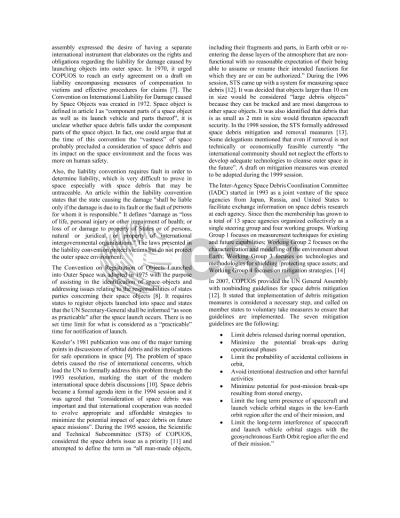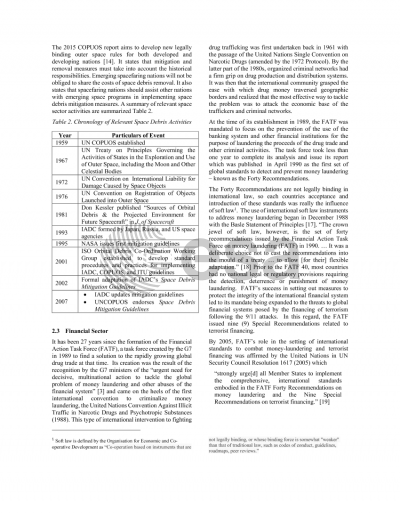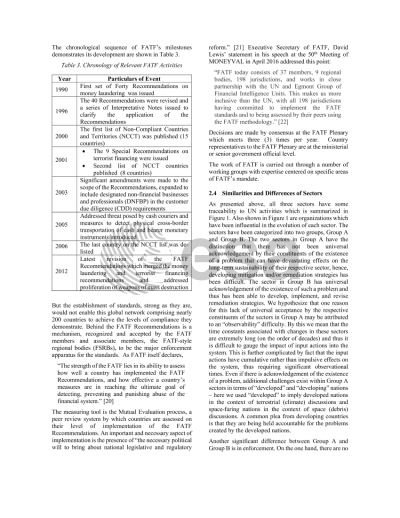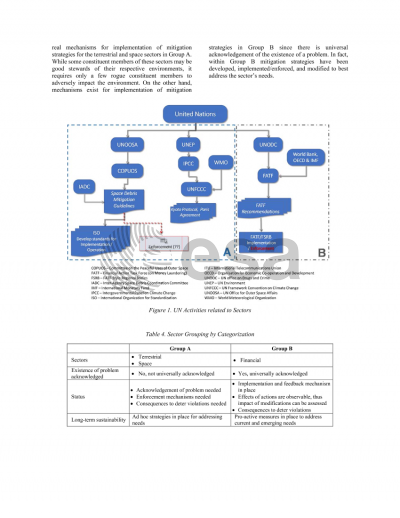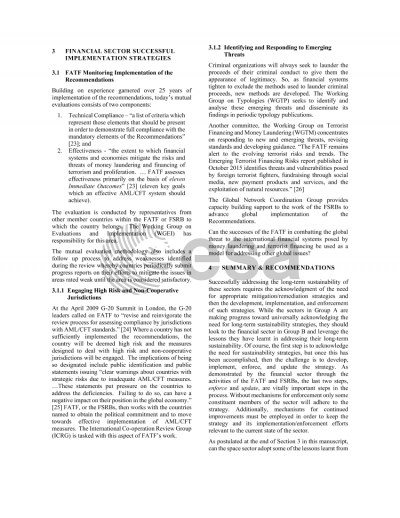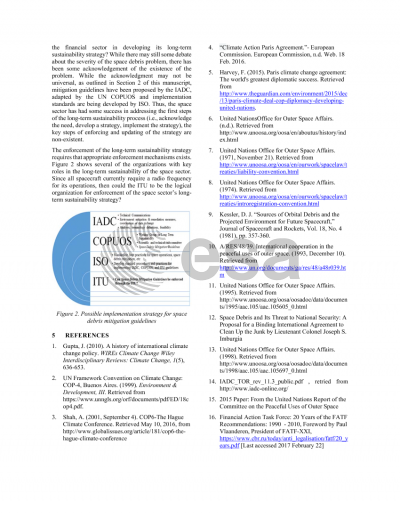Document details

Abstract
Current climate change models predict a continuous increase in global temperatures threatening human life and environmental diversity. Similarly, space debris models predict that the ‘cascade effect’ will be unavoidable if action is not taken. However, there is insufficient data for making confident predictions and certain parties argue that an equilibrium or a peak may be reached in the future and mitigation or removal would be unnecessary. Since the mid-1970s, both the climate change and space debris communities have been working through the United Nations to develop and implement guidelines for appropriate use of their respective environments. However, the constituents of these respective communities are divided broadly into two categories: constituents who accept the predictions of the existing models and are working to mitigate/remediate the associated consequences and constituents who are non-accepting of these model predictions, thus do not see the need for mitigation/remediation strategies. This division appears to be slowing down action on mitigation and/or remediation for both the earth and space environments.
More recently, the financial sector has become an entrant into the global community wherein efforts by some affect all. Specifically, the Financial Action Task Force (FATF) created by the G7 in 1989 initially to combat global drug trade wherein the financial institutions were being misused to launder illicit drug money, and later terrorist financing as this too became a global threat. Since its inception, the FATF has been able to develop and implement anti-money laundering (AML) and counter financing of terrorism (CFT) recommendations that have successfully been adopted into the legal and regulatory framework that over 190 countries are using to prevent misuse of their financial systems.
This article discusses the parallelism between the challenges of addressing the global and societal impacts of (i) climate change and (ii) money laundering and how lessons learnt from addressing those challenges could be leveraged to address the challenges of the space debris community. The article presents a summary of the major historical events for all three challenge areas and discusses the agreements and/or interceding regulations that have resulted and the effects of such regulations on society.
Preview

